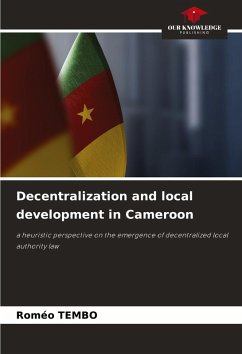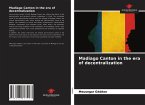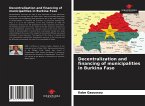The aim of this contribution is to show that decentralization is a fundamental, even essential, means of promoting local development in Cameroon. The innovations introduced by Law no. 96/06 of January 18, 1996, revising the Constitution of June 2, 1972, and more recently Law no. 2019/024 of December 24, 2019, on the General Code of Decentralized Local Authorities, reinforce this reality. However, there are still a number of obstacles to decentralized action in favor of local development. These are limits to which the Cameroonian legislator is called upon to pay particular attention. Like Janus, then, decentralization and local development in Cameroon have two sides. What kind of decentralization are we talking about? And for what local development? If we turn to dogmatics, we can see that decentralization in Cameroon is like a two-stroke engine, with a dominant rhetoric of conciliation and confrontation for each stroke.
Bitte wählen Sie Ihr Anliegen aus.
Rechnungen
Retourenschein anfordern
Bestellstatus
Storno









